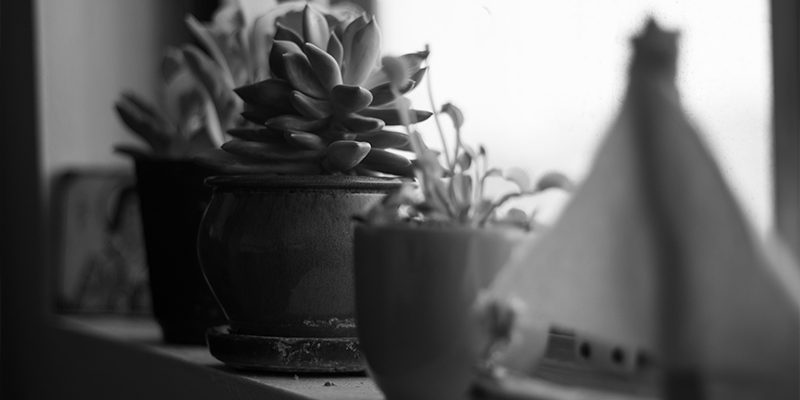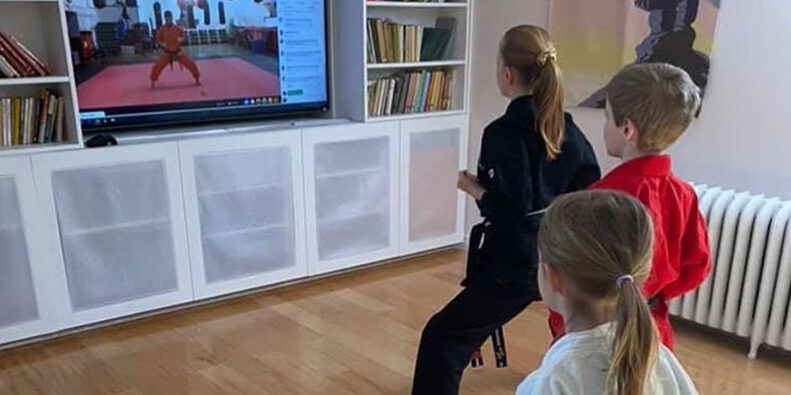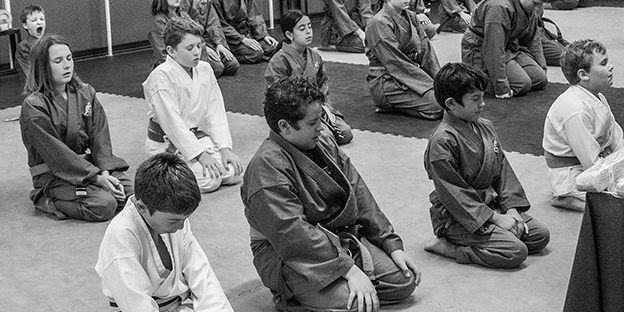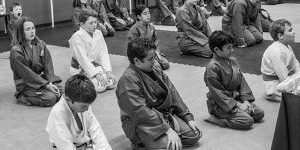Radical Acceptance
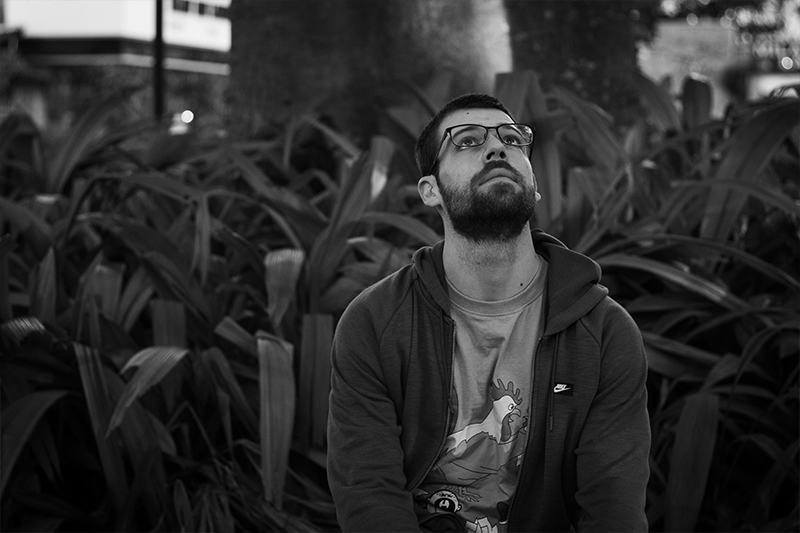
Have you ever been so frustrated in a situation that you blow up at someone you care for? Maybe you were rude to someone in a public setting or someone was rude to you? Maybe you lost it on your parents or your children? Maybe this uncertainty we’re experiencing at this time is making you irritable and moody. If you’re anything like me, these types of situations can cause a lot of distress, self hatred, embarrassment and all sorts of other unpleasant emotions. After it’s all said and done, and there’s nothing you can do about the situation, what do you do? How do you cope?
This has been a major struggle for me, and totally still is right now, but I’ve learned a helpful concept that has made coping with these “mess ups” and times of uncertainty a little easier. It’s called radical acceptance. Many of the things we need/want to accept are difficult situations that we’d really rather not acknowledge or address them and that’s why it’s called “radical”. They’re often situations we can’t necessarily change or undo. For me, radical acceptance is what to do when I feel like reality is out of my control and something needs to change.
So what is it?
Radical acceptance is a skill taught in Dialectical Behavioural Therapy, a type of therapy I’ve taken part in for a few months now and I’m not a therapist but, I think almost every single one of us could find something useful in DBT. So today, I’m sharing this concept with you! Radical acceptance involves acknowledging reality instead of fighting or trying to control it. Fighting reality can intensify our emotional reactions and suffering. Fighting reality could look like “this isn’t happening”, “why is this happening to me?”, or “this isn’t fair”.
Once you acknowledge and accept reality, you can decide how you want to deal with it and you can start problem solving. However, If you’re too busy dwelling on the unfairness or pushing away the situation, it’s easy to get stuck in thought loops of “why me?”. Dwelling and reminiscing, even ranting can bring on intense and long lasting emotional suffering. Radical acceptance is a way to kick start your brain in a more positive and effective direction.
Acceptance vs. approval
This was one of the biggest myths I had to troubleshoot when I first learned the concept of radical acceptance. I believed that if I accepted my reality the way it was, it meant that I was ok with it. That I approved of it. That I liked it. However, this is not the case. Just because you accept something, doesn’t mean you approve or agree with it. Just like forgiving someone doesn’t mean you approve of the act you are forgiving. You don’t have to like it to accept it. It doesn’t imply forgiveness. Radical acceptance is about changing how you feel about reality, rather than changing reality itself. It doesn’t imply approval but, it does imply acknowledgement of reality as it is. It implies acceptance.
When is it necessary?
Radical acceptance is something I think a lot of people have already internalized. It’s something they do every day and they don’t have to consciously think about it. For me, radical acceptance is necessary when I’m struggling or suffering because of a circumstance that I can’t change or control. It’s about reducing personal pain in high emotion situations. When I find myself dwelling on or fighting aspects of reality. Sometimes small things like forgetting a new book on an airplane can make me feel like the universe is against me. Like, no matter what I do nothing will work out. I stretch the situation. How could I be so stupid? I beat myself up. “I’m such an idiot”. I deny reality. “This can’t be happening!”. I prolong the pain of forgetting my book on an airplane instead of reaching for a solution. Radical acceptance in that situation could look like this: “Well, I left my book on the plane. I might not get it back. However, I can definitely find the book again at another book store or online.”
Radical acceptance can be useful in any difficult situation from the loss of a pet to the passive aggressive comments of a co-worker. It could be ESPECIALLY helpful during this rapidly changing COVID-19 situation. The reality is, we can’t control reality. The more we try, the more emotional pain we can cause ourselves.
How do I apply it?
It may sound like a simple concept but radical acceptance takes practice. A lot of it. It’s tricky to just accept situations that previously caused or consistently cause a lot of pain and suffering. Radical acceptance doesn’t take the pain away but it can reduce the suffering, even if it’s just a little, and for me it’s totally worth it.
- Try practicing radical acceptance while reading the news and notice judgements and look for the thoughts that imply you are trying to control reality. Like, “this isn’t right”, “this shouldn’t be happening”, etc.
- Try practicing with the weather. On the darkest days and coldest days, try to notice thoughts like “why do I live in this?”, “this will never end”, “this is terrible”. Radical acceptance could look like, “I live in Ottawa where we get snow and cold weather from November to Apri. I’ll adjust my expectations accordingly”, “summer will come eventually”, etc.
- Try practicing radical acceptance the next time you find yourself sitting in traffic. I find this is the toughest one. I often think “this is stupid”, “if people knew how to drive we wouldn’t be here”, “why is this happening right now”. Radical acceptance could look like, “I am traffic” (thanks frank!), “traffic is a natural outcome of driving”, “getting upset won’t change reality”, “this traffic will result in arriving at my destination”.
Starting small is the way to go when practicing radical acceptance. The same way we start as a white belt in karate, you should start as a white belt in radical acceptance and practice on simpler “problems” first. Imagine how frustrated we would be if our Sensei tried to teach us Bassai, a black belt kata with more complicated stances and faster movements before we ever learned taikyoku shodan, our very first kata.
Our dojo is a welcoming home for anyone who needs a little more radical acceptance in their lives. Our karate practice includes mindfulness, moving meditations and immerses you in a community who are all committed to becoming the best people they can be and to share that progress with others (that’s part of our student creed). I believe this beautiful community helps foster a more accepting perspective and I invite you to experience it for yourself.
Joining our dojo family is easy, just email info@douvris.com to try our virtual classes.

